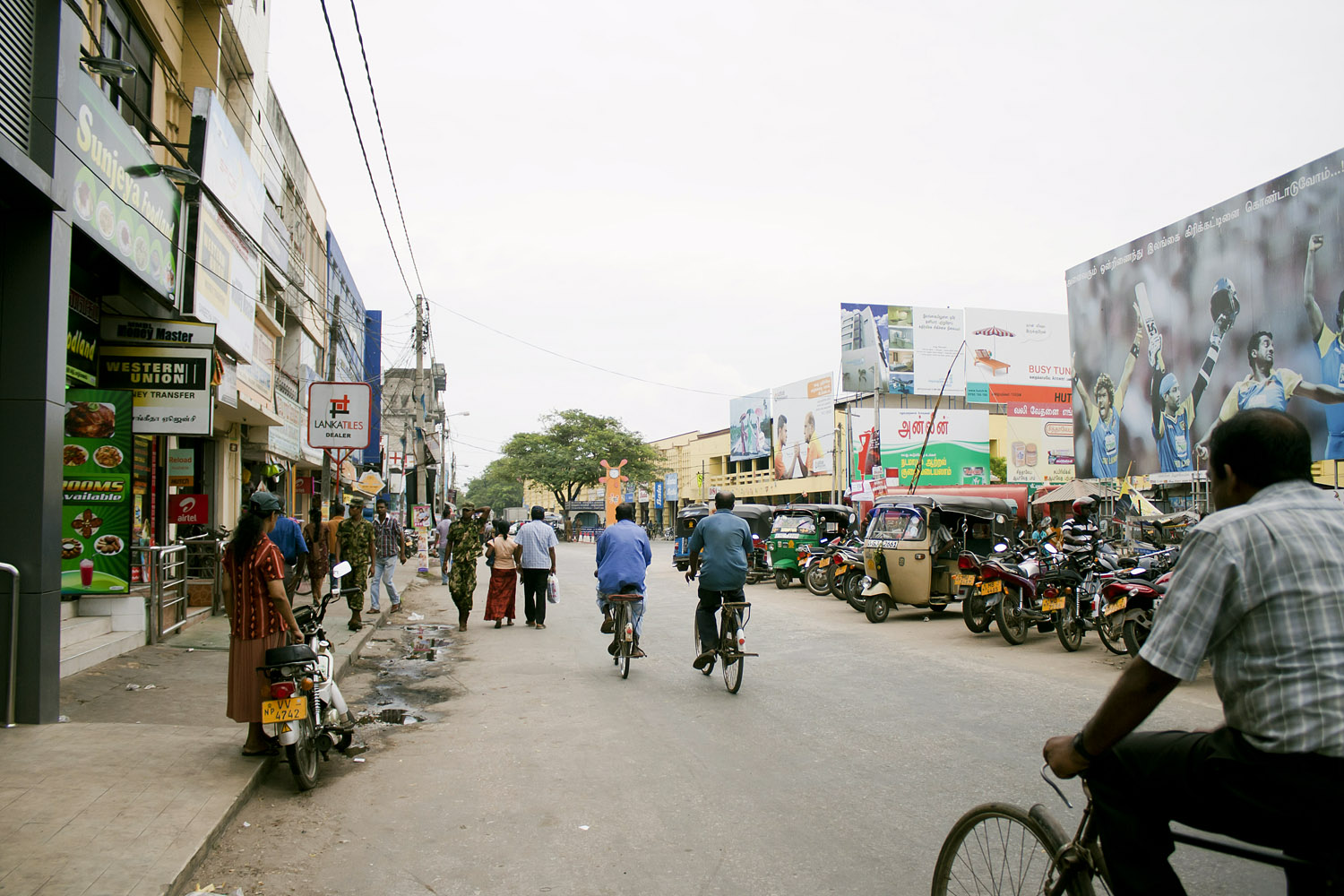
Network & collaborate with Tamil Changemakers from around the world. Request to join our private LinkedIn community here.
___
Measuring population health is a crucial component in understanding the health outcomes related to a group of individuals. It opens the opportunity to identify patterns of health determinants, health outcomes and institute policies or interventions to address health disparities. In the northern and eastern parts of Sri Lanka, the predominantly Tamil minority has a long documented history of poor health outcomes. According to a study conducted by Save the Children, the northern and eastern districts lag behind the rest of the country’s health indicators. Maternal and child mortality rates are also higher in these regions compared to the rest of the country.
A bitter 30-year civil war, the absence of a well-established health system and a shortage of healthcare service professionals have been contributors to poor health conditions in north and east Sri Lanka. Public health in these areas is affected by little or no access to healthcare facilities, inadequate knowledge and a lack of preventative programs. Since the end of the Civil War, the Sri Lankan Government has taken measures to address these problems, however, there still remains a substantial lift to close the gap in health disparities.
Developing an integral system of care requires expertise, funding and innovation. For years, the northern and eastern part of Sri Lanka has been neglected and underfunded due to the civil war and political bias against Tamil minorities. Changing the region requires dedication and resilience. Sri Lankan Tamils are a vulnerable population that need assistance from the international community. Members of the Tamil diasporic community hold knowledge and experience that will bridge the gap in health disparities among Tamils in Sri Lanka. It is widely understood that innovation is encouraged in the western world to promote human advancement. Harnessing this skill to develop health services in the northern and eastern parts of Sri Lanka is imperative.
WATCH NEXT: THE 'DATING WHILE TAMIL' PODCAST
Health innovation can identify unmet health needs in the region by implementing creative and trailblazing approaches in delivering services. Fueling ethnonationalistic sentiments, the diasporic community should act on working with transnational Tamil groups to improve population health outcomes of Sri Lankan Tamils. Through crowdfunding initiatives, it is possible to establish a coalition to enable the diasporic community to serve the needs of Tamils. The northern and eastern provinces are in need of buildings where healthcare can be obtained. Funding for brick and mortar to build these centers will lay the foundation for healthcare services to be provided, especially in rural areas.
A collective effort should be made to create programs that will teach the local community about disease prevention and intervention mechanisms. Telecommunication is a widely available resource, yet the concept of Telemedicine has not been considered. Telemedicine is a vital tool in facilitating primary care and mental services. Such innovation is salient in enhancing care among a population with sub-par health outcomes.
The 21st century has also experienced the advancement of data analytics and artificial intelligence. Providing community tools to effectuate such systems is critical to bringing the region onto the future. The diasporic community has the tools to aid the local community in developing such technologies. In the Era of COVID-19, one can surmise that such tools hold value in protecting communities from pandemics and diseases. Creating technological frameworks and local community partnerships are important for Tamils living in Sri Lanka.
Recently, a Jewish friend told me about the Rite of Passage program, which pays for educational trips for young Jewish adults to Israel. This made me think that a similar program can be initiated by the Tamil diasporic community that would allow young adults to go back to Sri Lanka to build and serve Tamil communities. Education is highly valued in the Tamil community and many in the diaspora are educated, holding graduate degrees. The transfer of skills to empower the local Tamil community in Sri Lanka should be a priority of the diasporic community as it creates sustainability. There is so much that can be achieved for the Tamil community in Sri Lanka if the diasporic community unites for a common cause. As the world grapples with containing the COVID-19 pandemic one can conclude that the interdependence of health cannot be dismissed. Helping our community is the first step in doing our part to preserve our ethnic heritage.
Date on your own terms! Join the other couples who have dated and married through myTamilDate.com!
***CLICK HERE to listen to our podcast 'Dating While Tamil' on Spotify!***

























